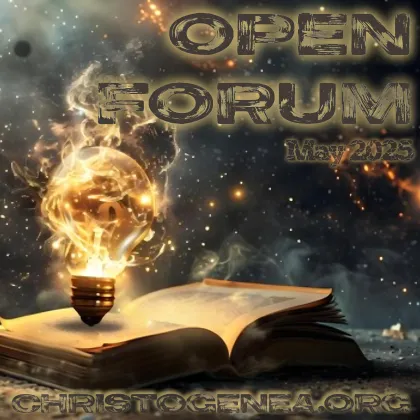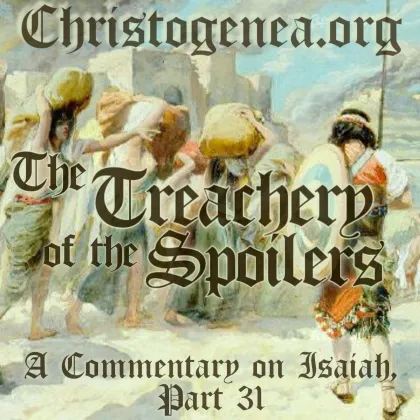May 2025 Open Forum Discussion

What follows is a brief list of some of the topics discussed in the Forum:
-
Who was Paul referring to in 2 Corinthians chapter 12 where he said “I knew a man in Christ above fourteen years ago”? Not to himself!
-
The recent Jerm Warfare interviews.
-
Study and belief, the necessity of study in order to support belief.
-
Why Wikipedia says William Gale was a jew, an email message of which I had lost track.
-
The “nigger fatigue” phenomenon and the plagues of locusts, caterpillars, palmerworms and cankerworms of Joel chapter 3.
-
South African refugees, Christian Identity among the Boers.
-
Irish slaves in colonial America and the Caribbean.
-
DNA testing and 23&Me.
-
Is Salome the daughter of Mary? Discussing the Greek grammar, she is not.
-
The words of Christ in Acts Chapter 1, why did He profess not knowing the time when He would return? The Will of God is not revealed to the flesh until God wills.
-
What are bad words and filthy communications? The obstacle of self-righteousness is overcome in the revelation that only God and His law are righteous.
-
The Lake of Fire, a physical place or an allegory for a cessation of existence?
-
The Christian Identity perspective of the Bible assures that the Bible is true within the context of ancient history.
-
Corrupt politicians, Epstein, child trafficking, no forthcoming justice even when guilt is understood. We should not expect Epstein’s papers to ever released, or any further arrests to be made.
-
The challenges of persuading our brethren to the truths expressed in Christian Identity.
- The experience with the League of the South and the debacle at Charlottesville.
And more…









 Please click here for our mailing list sign-up page.
Please click here for our mailing list sign-up page.








Recent comments